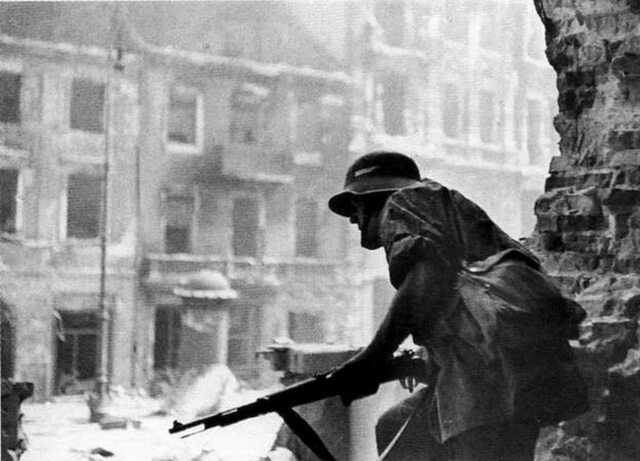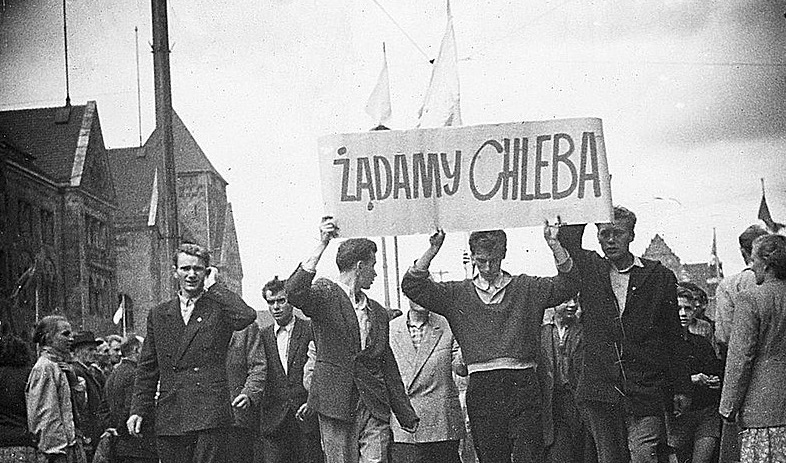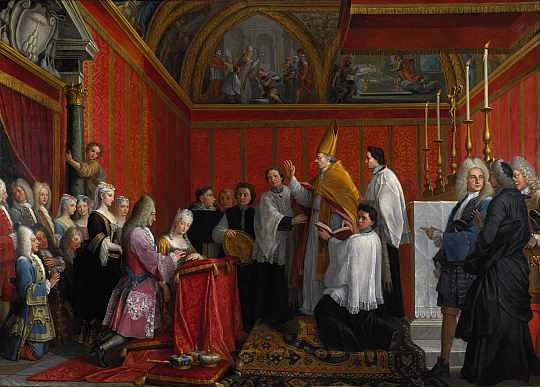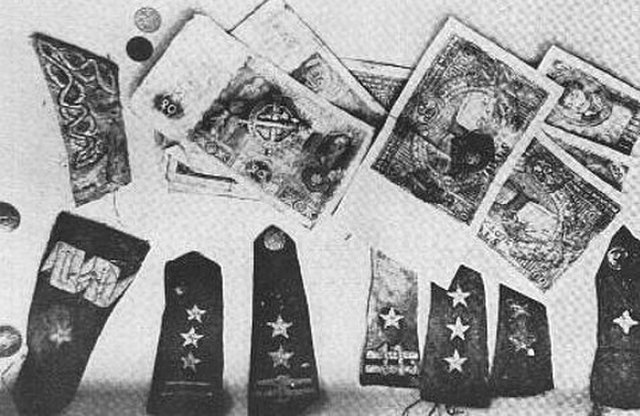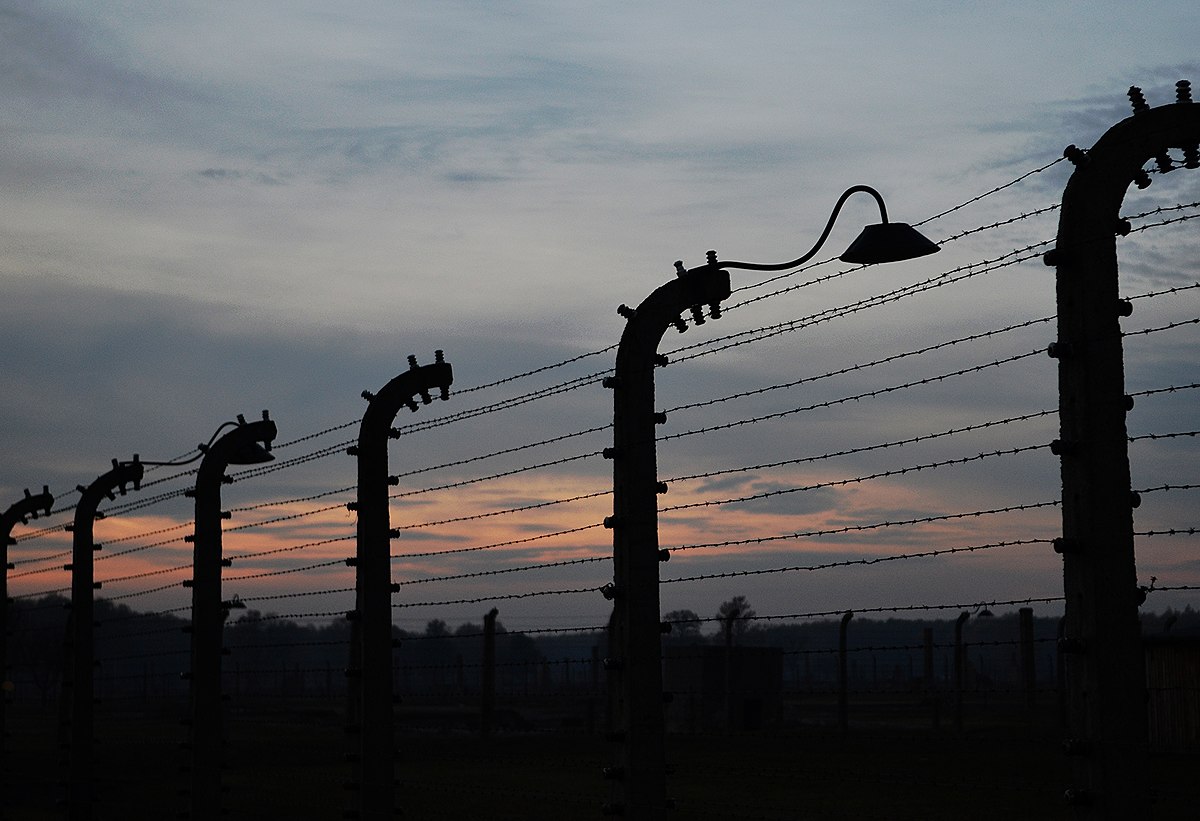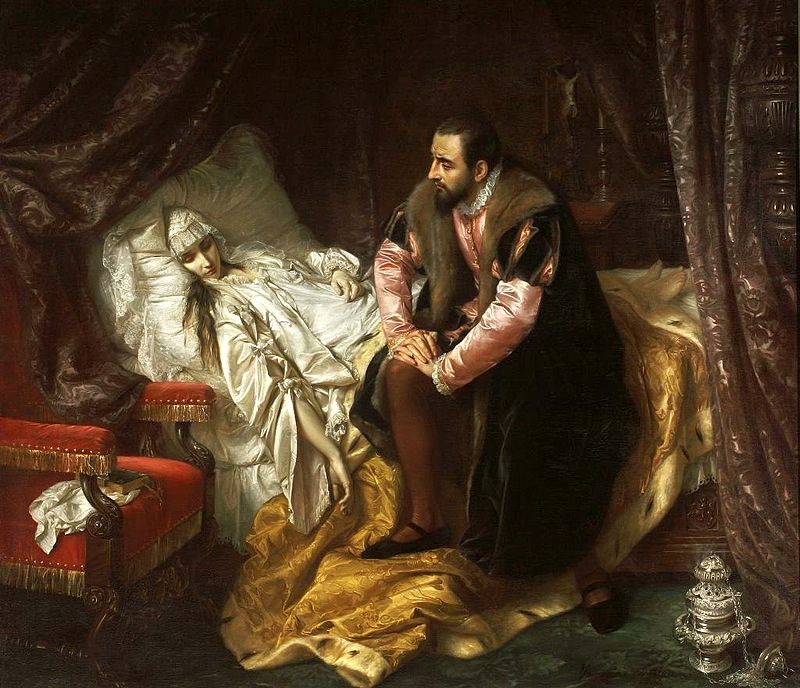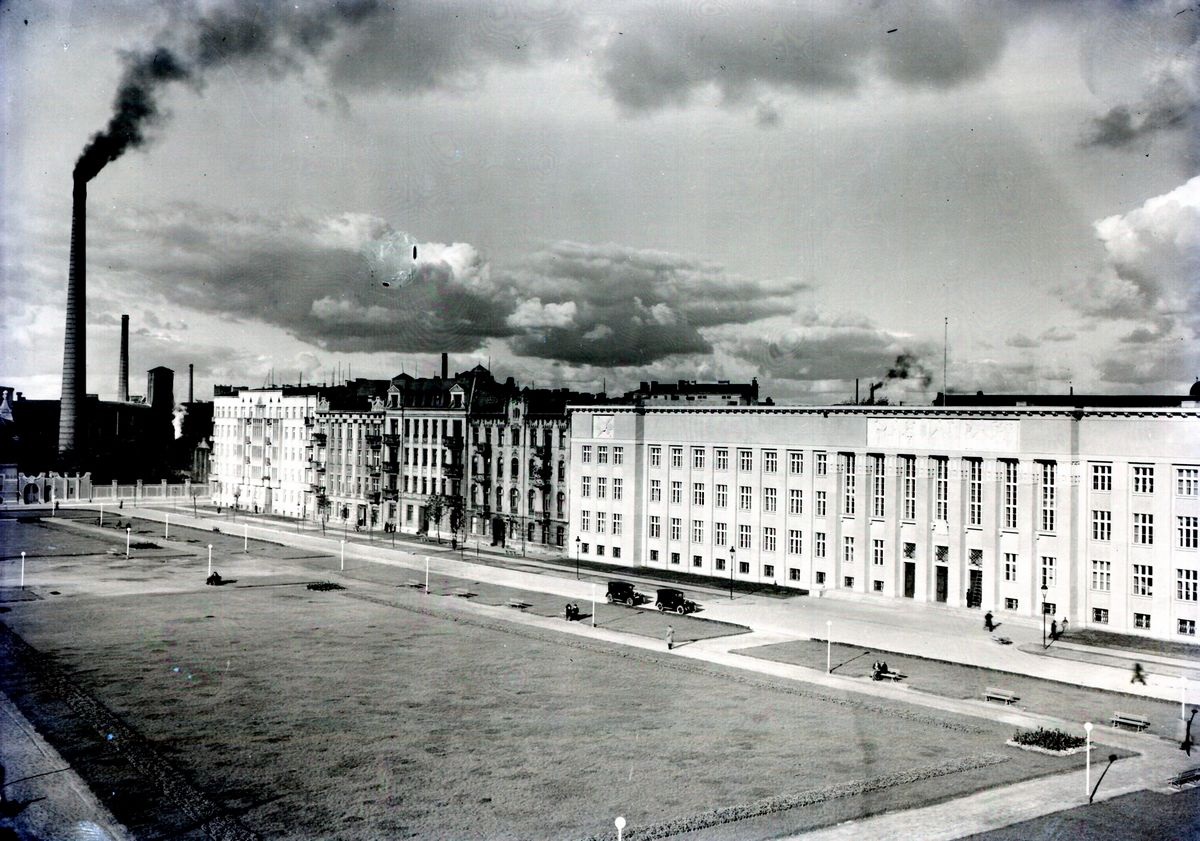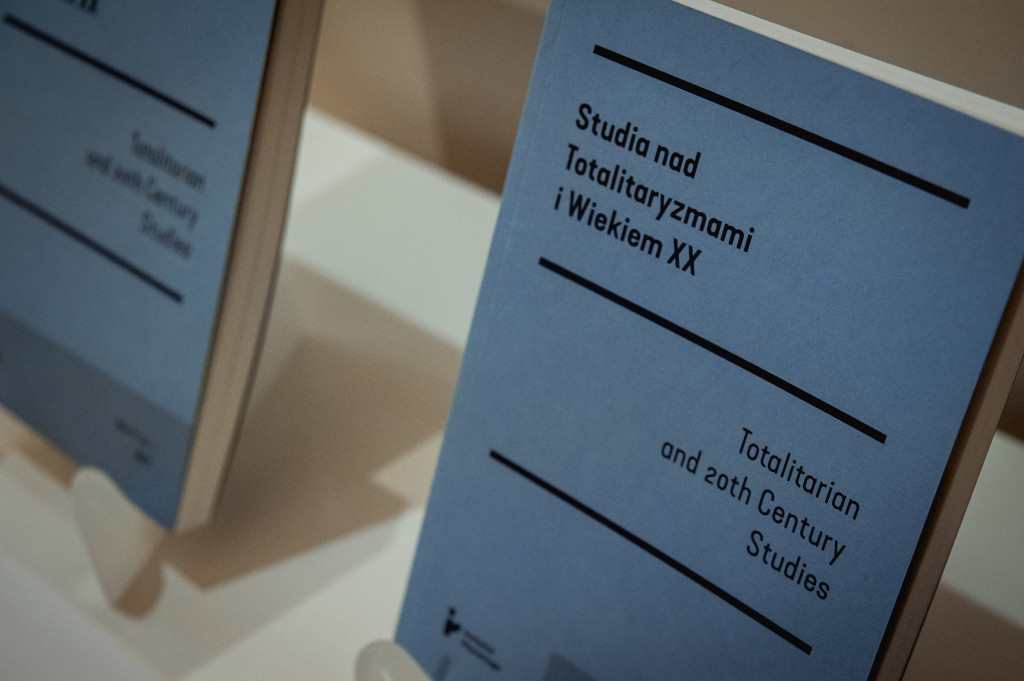
Through Words and Deeds. Polish and Polish American Women in History
Seven centuries of extraordinary women! Though often overlooked in conventional accounts, women with myriad backgrounds and countless talents have made an impact on Polish and Polish American history. John J. Bukowczyk gathers articles from the journals Polish Review and Polish American Studies to offer a fascinating cross-section of readings about the lives and experiences of...

